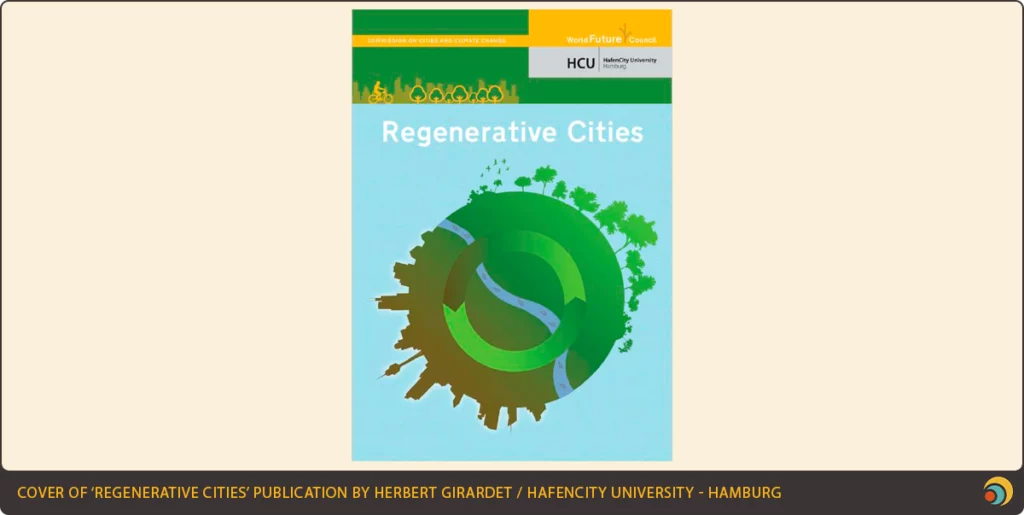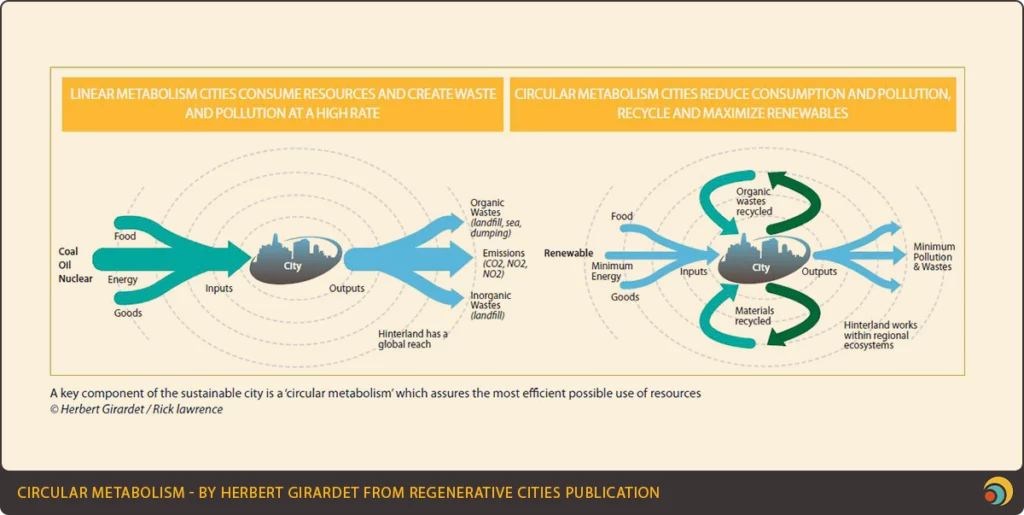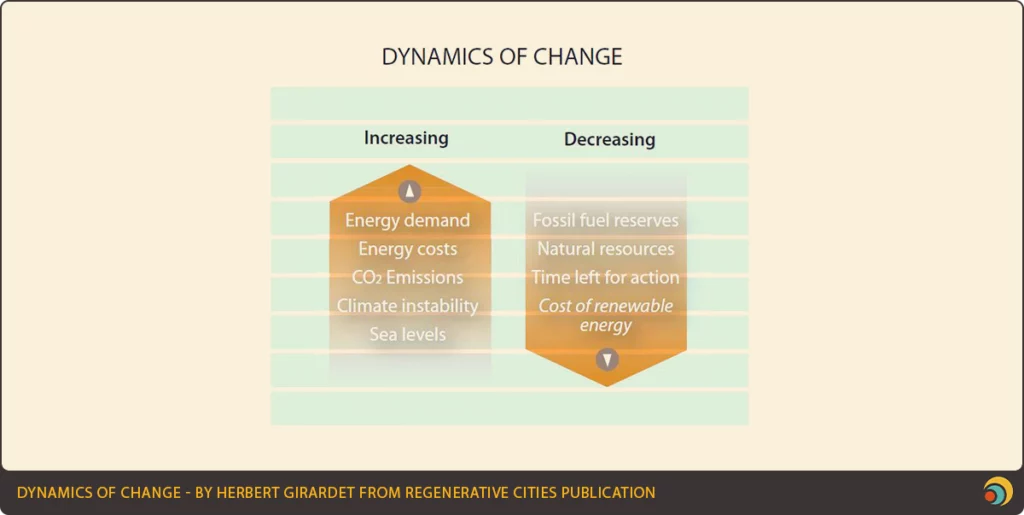The effects of losing the biodiversity and environmental integrity are omnipotent in our lives, and they scream for a New Deal with mother nature. The UPSURGE project proposes to enter this new deal by using Nature Based Solutions to tackle the diverse urban challenges related to climate change. BURST is part of this endeavour as a partner, supporting the methodology creation and the demonstration site in Budapest.
When preparing for this article, I was surprised that my vocabulary and paradigm for urban development was outdated: sustainable and resilient are words a bit belonging to yesterday. Ladies and gentlemen: our new deal with nature is regenerative urban development – the challenge today is to assure that cities do not just become resource-efficient and low carbon emitting, but that they positively enhance rather than undermine the ecosystem services they receive from beyond their boundaries. Creating regenerative cities thus primarily means one thing: initiating comprehensive political, financial and technological strategies for an environmentally enhancing, restorative relationship between cities and the ecosystems from which they draw resources for their sustenance.

Taking the above as a starting point, the overall concept of the UPSURGE project, financed by the Horizon2020 programme, is to research, co-create, comparatively test, measure and digitalise Nature Based Solution (NBS) interventions and their effects in different cities. Thus they will gain enough validated knowledge to bridge the gaps currently hindering wider implementation of NBS in Europe, particularly in cities. The project aims to create an NBS reference framework to be transposed into an initiative called the European Regenerative Urban Lighthouse: this Lighthouse will serve to assist and consult cities in targeted NBS implementation. The effectiveness of the Lighthouse will be tested in 5 pilot cities, implementing various NBS in light of their particular social, cultural and environmental contexts.

UPSURGE will be launched in September 2021, with BURST on board to cover project and city level activities – Péter Szuppinger, environment expert of BURST, is responsible for project implementation; thus we are exploring this project with him. “I see many innovative factors here; first and foremost that the NBS solutions we will propose to the pilot cities will be highly tailor-made. I also find it exciting that few projects can connect proposed solutions for water retention & air pollution at the same time, which UPSURGE does, indeed. The project also puts great emphasis on establishing a complex sensor system in the 5 pilot cities, contributing to the capacity of making the best choice for the NBS needed.” – says Péter. BURST will be responsible for various steps in the project methodology: a theoretical fit-for-problem matrix will be developed by BURST based on matchmaking key environmental and socio-economic challenges determined in demonstration cities and targeted NBS performance capacities. Also, BURST will lead working out the multimodal sensing system, which will be established in the 5 demonstration cities combining vertical, horizontal, micro-location (citizen-based), pollutant-specific measurements upgraded with the ingenuity of bees to determine different pollutants in a certain area deposited in pollen.

On top of the project level activities, BURST is closely associated with one of the demonstration locations: the 18th district of Budapest. Budapest’s 18th district is characterised mainly by residential areas, composed of, to a smaller extent, socialist type of 10-storey blocks of flats and, to the larger part, by a garden suburb with family houses and smaller apartment buildings. However, despite the abundance of green spaces, its air quality is poor due to two factors: major car traffic on its main roads connecting to the city centre, and the proximity to the Budapest Airport. Urban flash floods stemming from soil sealing and climate change are more and more affecting the 18th district of Budapest as well – the UPSURGE demo will look for tailor-made solutions to the above two issues.

“The project is going to create climate adaptive gardens in the 18th district, meaning that on the one hand we would create rain gardens to help water retention, and by choosing suitable vegetation we act towards efficient air pollutants removal. This sounds quite banal as action, the innovative and daring aspect is that the municipality targets private gardens as well.” – explains Péter, adding that the regenerative urban development approach involves high citizen participation regarding governance, thus awareness raising and inclusion are key factors for a sustainable change of paradigm. “Today we acknowledge that urban green space is a public interest, but not a public good. Until recently, there was never a discourse about private property, as respecting it is vital in our western culture. However, a new discourse is now emerging on what level the municipality should frame how you can use your garden. Budapest 18th district will explore this level by applying soft methods, mainly awareness raising rather than regulations.” Why influencing the private green space use is such an important element? Because if we look at cities, a considerable percentage of the green spaces we see are private gardens, which is the case for the 18th district as well. “Nature doesn’t stop at the fences, thus in order to have enough green spaces; we need to ‘enter’ the private gardens and turn them into real urban green space, by winning the owners’ mindsets rather than forcing them.” – concludes Péter.
